In the digital age — and particularly in the wake of the pandemic, which saw a significant uptick in charitable donations that has largely remained strong since — nonprofits face the challenge of competing for visibility in an increasingly crowded online space. One of the most effective ways to do this is through Search Engine Marketing (SEM), within which lies the field of Search Engine Optimization (SEO). These help your website content appear in search results related to your mission.
Such efforts break down into two main categories: those pursuing paid search results — known as search ads — and organic (unpaid) results. Strategies for each are often complementary, but differ greatly. Further complicating the equation is another division within the field of paid search results: grant-funded ads and those paid for out of pocket.
What Are SEM and SEO?
SEM and SEO are two terms often used interchangeably, but they traditionally refer to different strategies in the digital marketing landscape.
Search Engine Marketing (SEM)
SEM is a broad strategy that encompasses various techniques to increase a website’s visibility on search engine results pages (SERPs). This includes both:
- Paid Search ads, such as Pay-Per-Click (PPC) advertising.
- Organic SEO strategies, which focus on unpaid search rankings.
Essentially, SEM is an umbrella term that aims to drive both paid and unpaid traffic to your nonprofit’s website.
Search Engine Optimization (SEO)
SEO, on the other hand, is a subset of SEM focused on improving your website’s organic search rankings. Rather than paying to place your content in ads at the top of SERPs, SEO increases your search engine rankings so that your site appears toward the top of organic search results. This involves optimizing various elements of your website, such as:
- Content
- Keywords
- Metadata (like meta descriptions and title tags)
- Backlinks
SEO aims to naturally rank higher on search results, boosting your nonprofit’s visibility without incurring ad costs.
Understanding Search Engine Marketing Strategies
Paid Search Ads
Paid search marketing, also known as pay per click (PPC) marketing, involves bidding for advertising space on the SERPs of predetermined search queries. When someone searches for a keyword that you have chosen to bid on (and you win the instantaneous ad auction), your ad appears at the top of the page, increasing visibility and encouraging clicks.
Google Ad Grant Ads
Google-funded ads are simply paid search ads that are funded by the search network (Google or Microsoft) rather than out of pocket. Google Ad Grants offer eligible nonprofit organizations $10,000 per month in free advertising credits. With this, a nonprofit’s bid in an ad auction are covered by Google, rather than paid for by the organization.
While these ads appear identical to traditional paid ads, the Google Ad Grant comes with more stringent eligibility requirements compared to those for for-profit advertisers. For example:
- A 5% minimum click-through-rate (CTR)
- Strict adherence to Google’s compliance guidelines.
These requirements ensure that the grant supports only high-quality, effective ads, maximizing the impact of Google’s in-kind contributions.
Organic SEO
Organic SEO is the practice of optimizing your website and content to rank naturally in SERPs. The organic results on a SERP include everything except for paid results. Only “standard” search results appear, within which placement is determined by Google’s algorithms and its evaluation (ranking) of your website.
SEO seeks to increase your ranking by incorporating elements favored by Google’s algorithms across your website. Key strategies include:
- Keyword research
- High-quality content creation
- Backend optimization (HTML and CSS)
- Improved user experience (UI/UX)
Search Marketing ROI: Paid and Grant Ads
While grant-funded ads are a form of paid advertising, the way they are funded significantly alters the return on investment (ROI) equation.
Paid Advertising ROI (PPC)
With traditional paid ads, marketers often take care to cut down on costs for obvious reasons. Strategies for reducing expenses might include:
- Avoiding high-performing but costly keywords.
- Lowering bids in ad auctions to reduce spending.
While these tactics save money, they can also limit the overall performance and reach of a campaign. Balancing cost and effectiveness becomes a constant challenge.
Google Grant-Funded Ads
In contrast, Google Grant-funded ads are financed entirely by Google, providing nonprofits with up to $10,000 per month in free advertising credits. Since this funding does not come out of the organization’s budget, nonprofits can:
- Bid on competitive, high-traffic keywords without a concern for cost.
- Invest in popular search terms that might otherwise be too expensive in traditional paid campaigns.
Essentially, Google Ad Grants offer all the benefits of paid advertising without any financial risk to the organization. This enables nonprofits to focus entirely on maximizing performance without worrying about cutting costs.
Maximizing ROI with Grant-Funded Ads
Because grant-funded ads are functionally free, nonprofits are empowered to:
- Prioritize high spend on impactful keywords without negatively affecting ROI.
- Achieve greater visibility and reach compared to traditional paid strategies that require careful budget management.
This unique setup flips the typical ROI strategy on its head, turning Google’s in-kind advertising support into a powerful tool for nonprofits to expand their impact.
The Benefits of Combining Paid, Grant-Funded, and SEO Strategies
Complementary Strengths
Paid and organic strategies follow different approaches, but can be incredibly complementary.
- Paid search offers immediate visibility and direct control over when and where your ads are shown to searchers.
- SEO costs nothing per click, builds credibility and brand authority, and fosters long-term engagement.
Further, the high-quality content that an organization creates for an SEO strategy serves as stellar landing pages for their paid ads, since it is crafted with SEM best practices and search algorithms in mind. In this way, SEO content serves double duty, bringing in free organic clicks from searches that you may not be bidding on, while also providing excellent pages to direct your paid ads toward.
Data Sharing for Better Performance
The data collected about your SEO content performance can inform your PPC SEM strategy. For instance:
- Keywords driving organic traffic may be strong candidates for PCC bids.
- Analyzing successful SEO pages and keywords can help refine paid ad targeting.
In this manner, by employing SEO and paid SEM simultaneously, you can use one to maximize that which is already working in the other.
Budget efficiency
By using Google Ad Grants, nonprofits can enjoy the benefits of paid search without depleting their budget, allowing more funds to be allocated to organic SEO efforts.
How to Implement Paid and Organic Strategies
1. Build A Solid SEO Foundation
Before diving into paid or Google Ad Grant-based search, ensure your website is optimized for organic search. This involves creating high-quality, authoritative content that serves your target audience’s needs. The more content on your website, the more searches you can appear in.
- Use keyword research tools to identify search trends.
- Create content that answers your audience’s questions
2. Leverage Google Ad Grants
Once you have a solid foundation, use the free advertising credit to supplement or replace out-of-pocket paid advertising.
- If eligible, apply for the Google Ad Grant.
- Maintain your eligibility by being compliant with Google’s guidelines.
3. Use A/B Testing and Analytics
Use A/B testing to determine which keywords and ad formats yield the best results. This data can be used to refine both your paid and organic strategies. Specialist search marketing agencies will run constant optimizations on your account that include A/B testing and deep analytics. Ensure you’re monitoring:
- Click-through rates (CTR)
- Cost-per-click (CPC)
- Conversion rates
4. Perform Keyword Research:
Utilize tools to discover trending search queries. There are many keyword research tools offered by Google and third-party firms. These can reveal:
- Search trends that represent opportunities for website and traffic growth.
- Competition for the keyword that may prevent you winning bids or ranking higher.
In Conclusion
SEM and SEO strategies each offer unique advantages and limitations. By understanding these, nonprofits can create a holistic strategy that leverages the strengths of each approach. Through careful planning, data analysis, and ongoing optimization, your nonprofit can maximize its online visibility, engage more effectively with its audience, and drive meaningful action.
If you’re feeling overwhelmed both by SEM as a field and by the sheer number of marketing tools available, you’re not alone. If you don’t have a dedicated content writer, or yours is strapped for time with other duties, it may be a good idea to enlist the services of a partner who can take care of both SEO and SEM for you.
Why Partner with Nonprofit Megaphone
Nonprofit Megaphone helps nonprofits obtain and maintain the Google Ad Grant, which gives organizations access to free Google Ad funding to promote their mission. Having high-quality SEO content on your website is a key component of both successful grant-funded and organic search marketing.
If your organization needs help with producing content and getting it in front of as many internet readers as possible, you may benefit from one of our content plans. If you already have content, but want to get it in front of as many people as possible, our SEO plan will do that for you! Our writers will work with you to create keyword-researched content that will significantly boost your nonprofit’s visibility according to SEO best practices.
All of our writers and grant managers are trained in SEO as well as the use of keyword research tools, taking any related worry off your shoulders. Contact us today to learn how we can put both organic and grant-funded SEM to work for your organization!
For more tips and guides on how to tackle key aspects of nonprofit operations, see our library of helpful articles. Here at Nonprofit Megaphone, our mission is amplifying nonprofit voices. If you think Nonprofit Megaphone’s industry-leading services could benefit you, get your free consultation!
.svg)

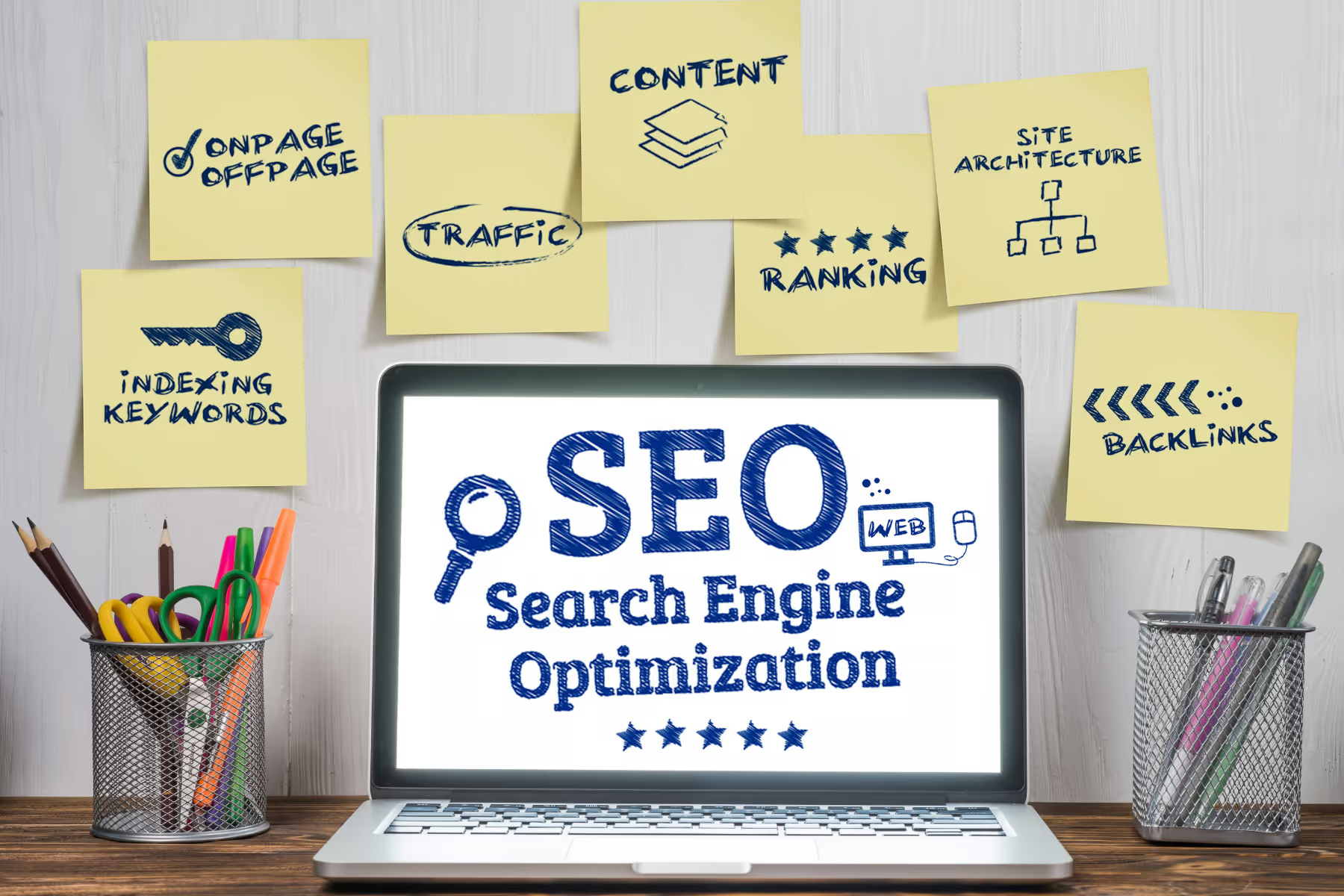
.svg)
.svg)
.svg)

.avif)


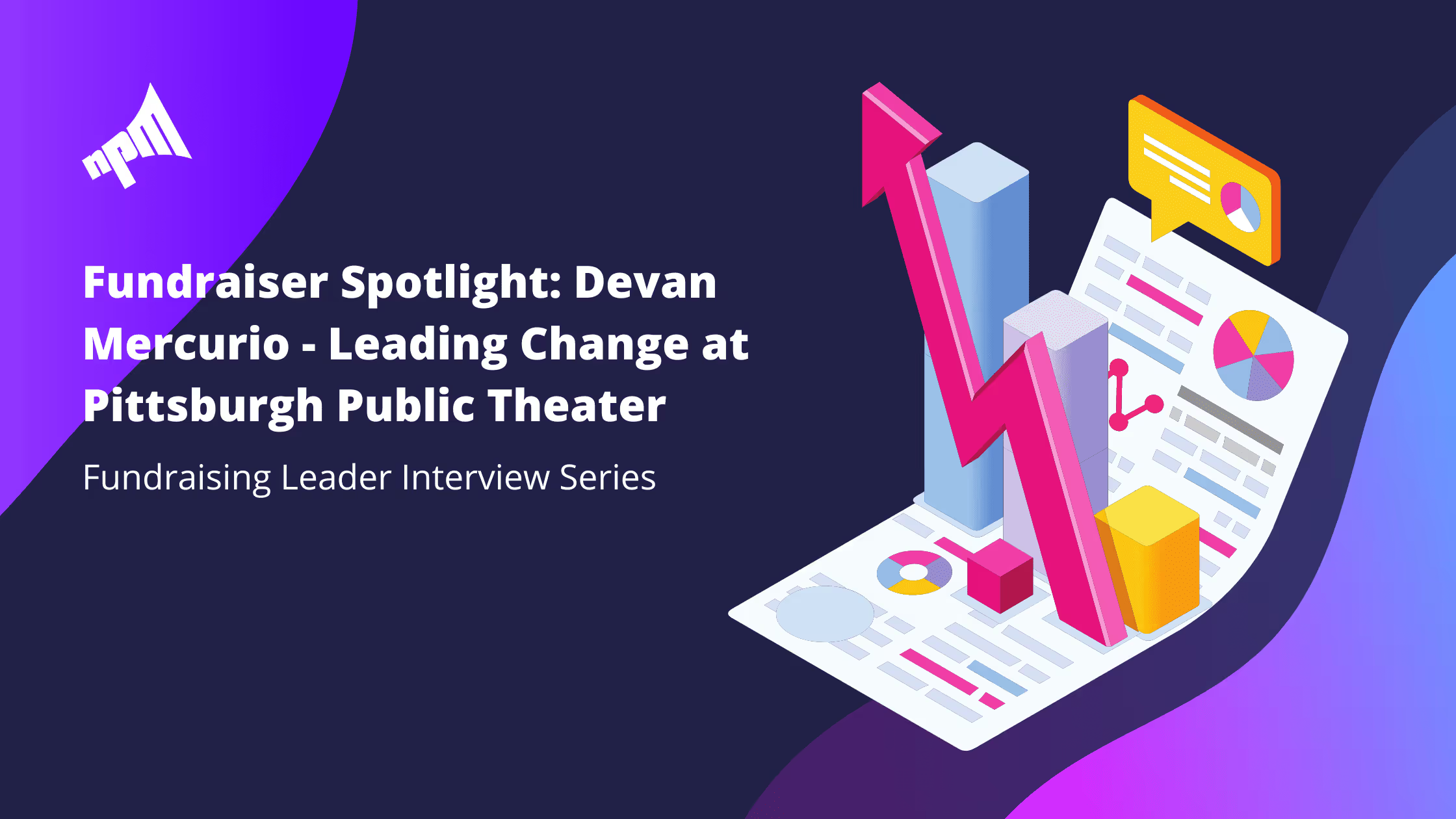




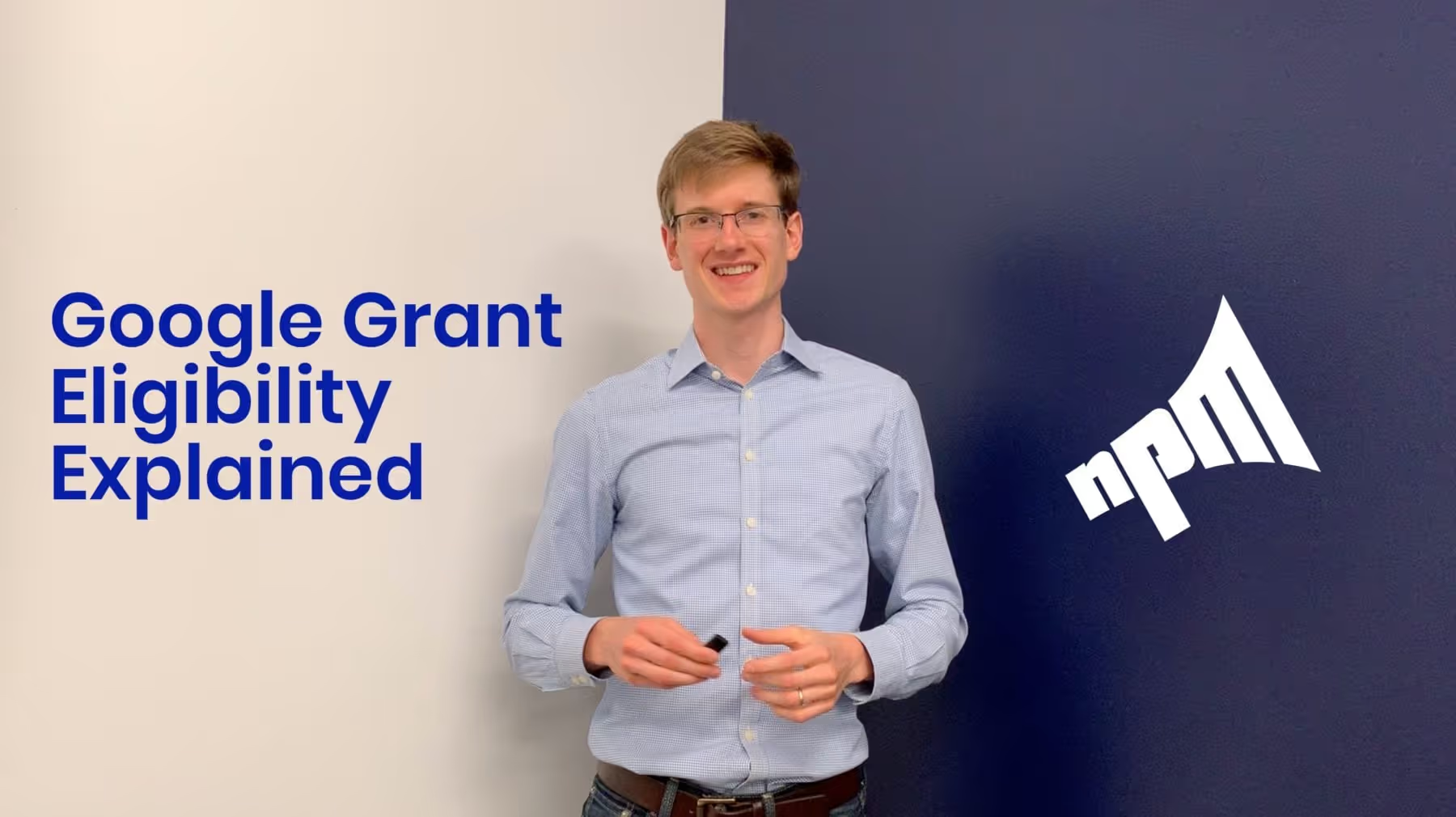


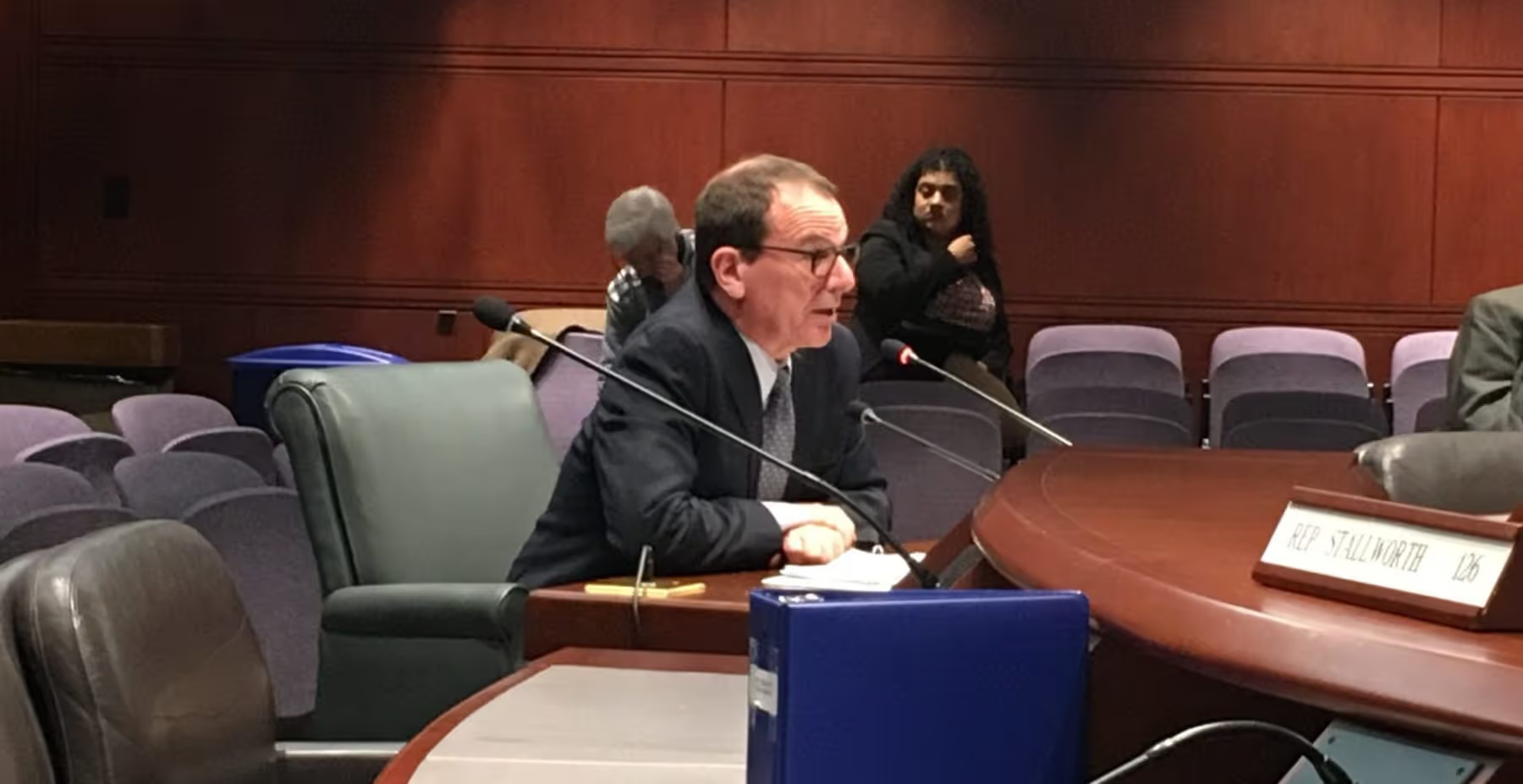

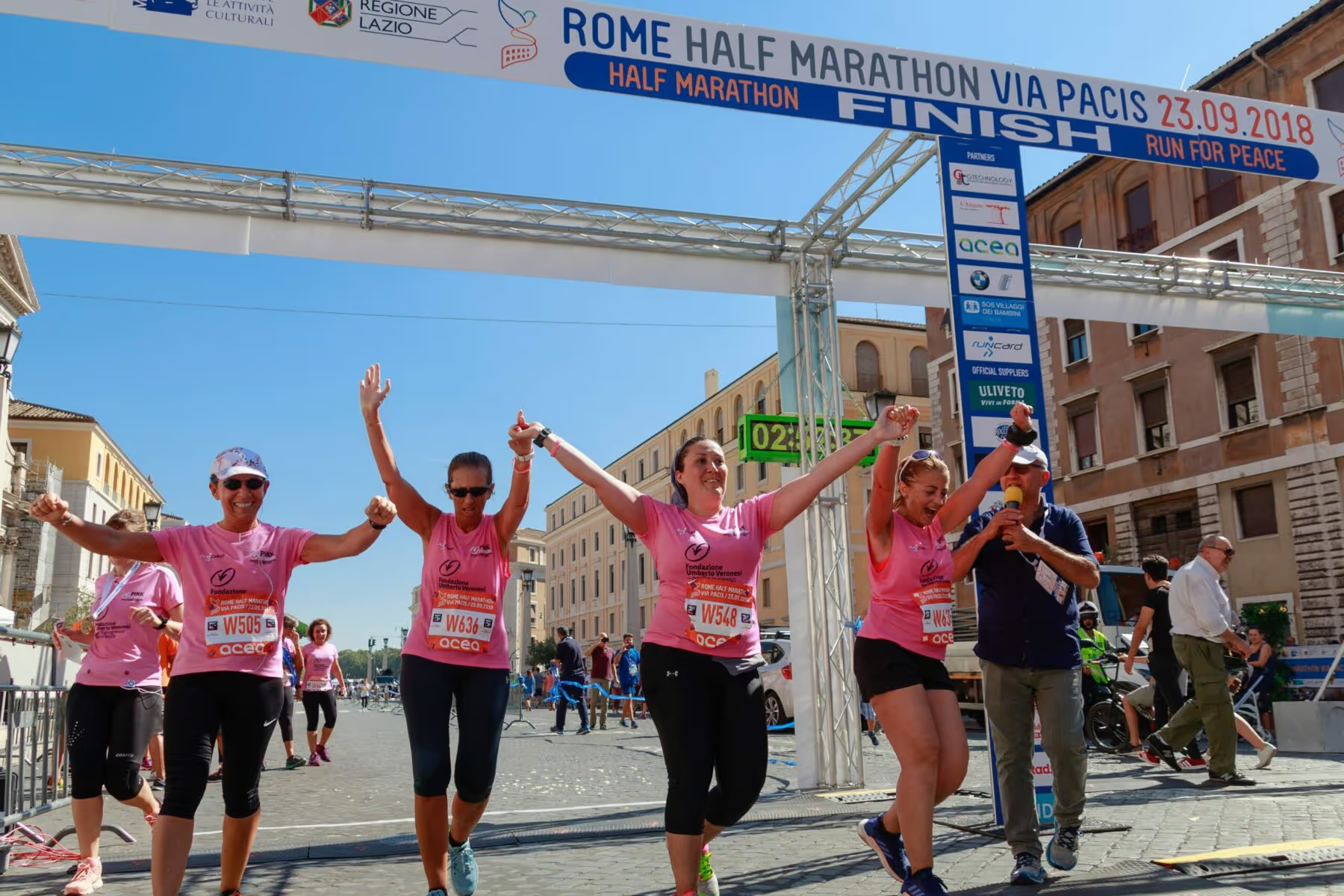





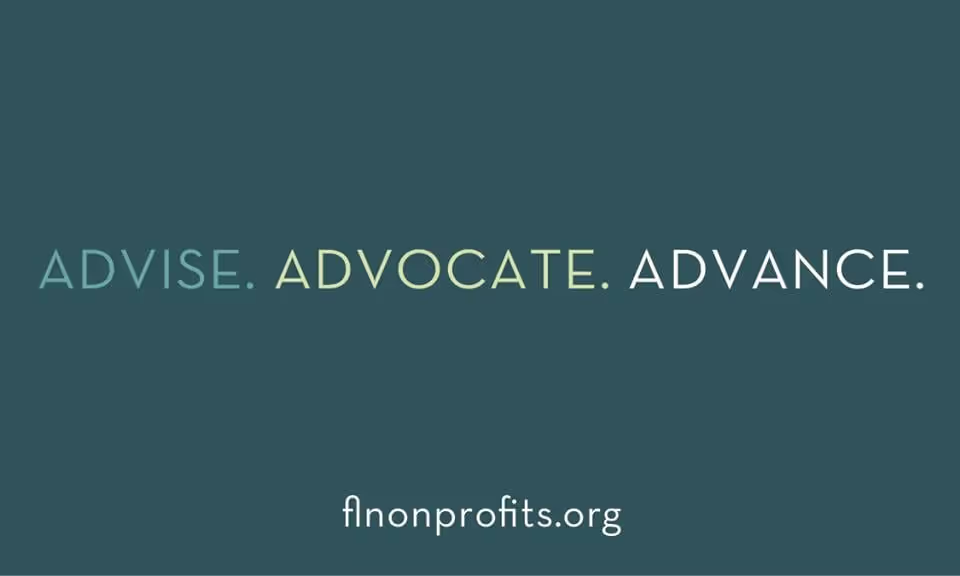
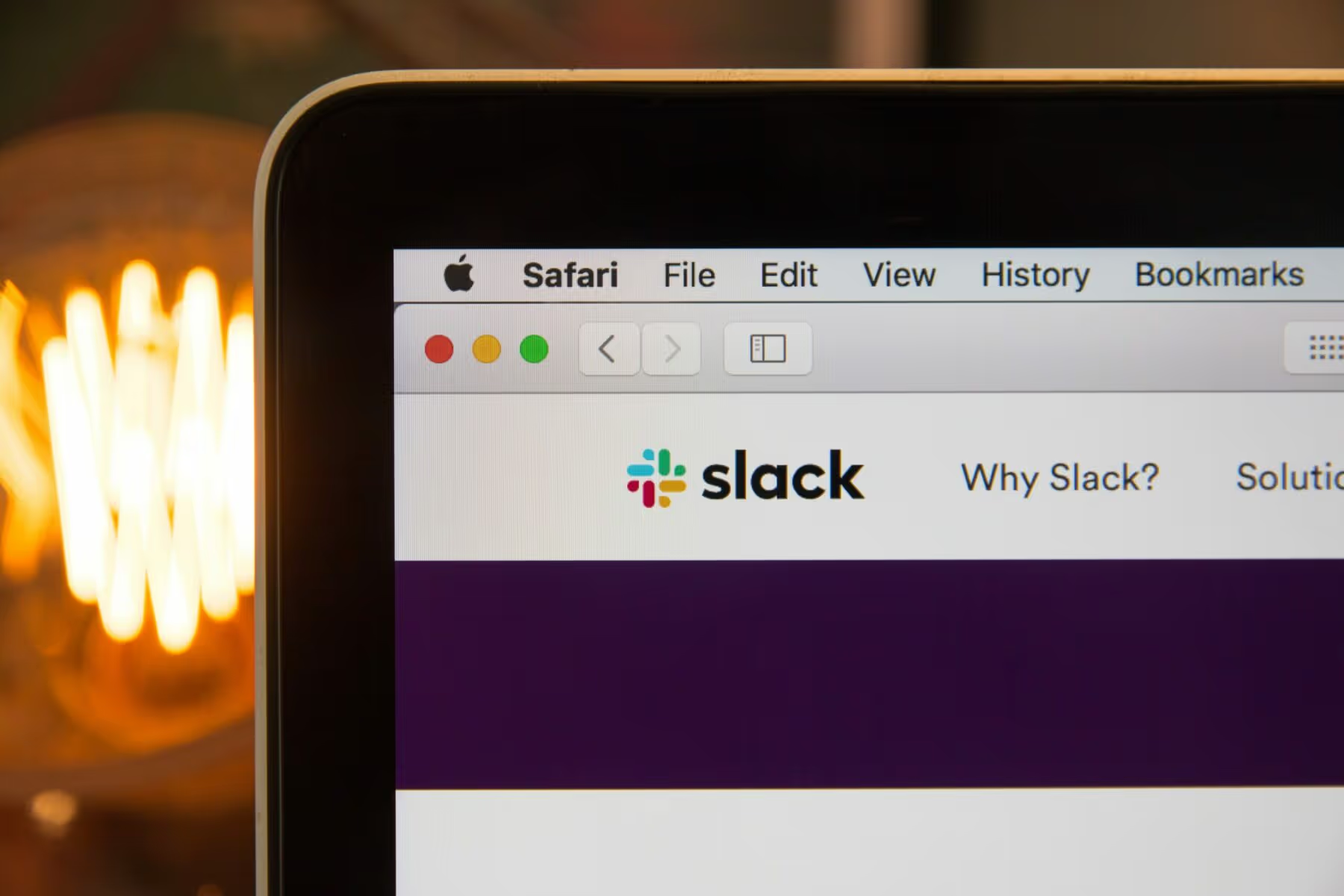









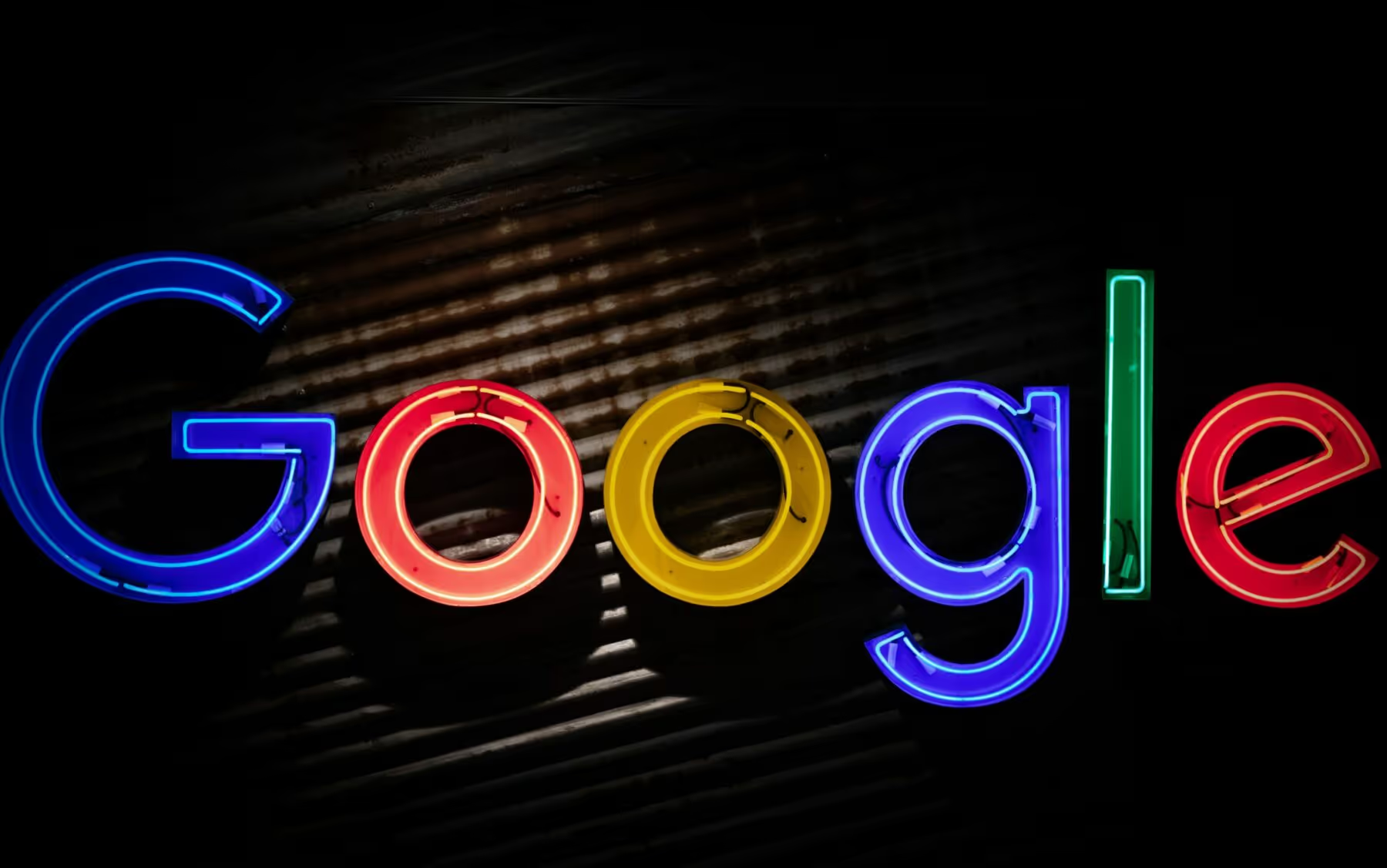
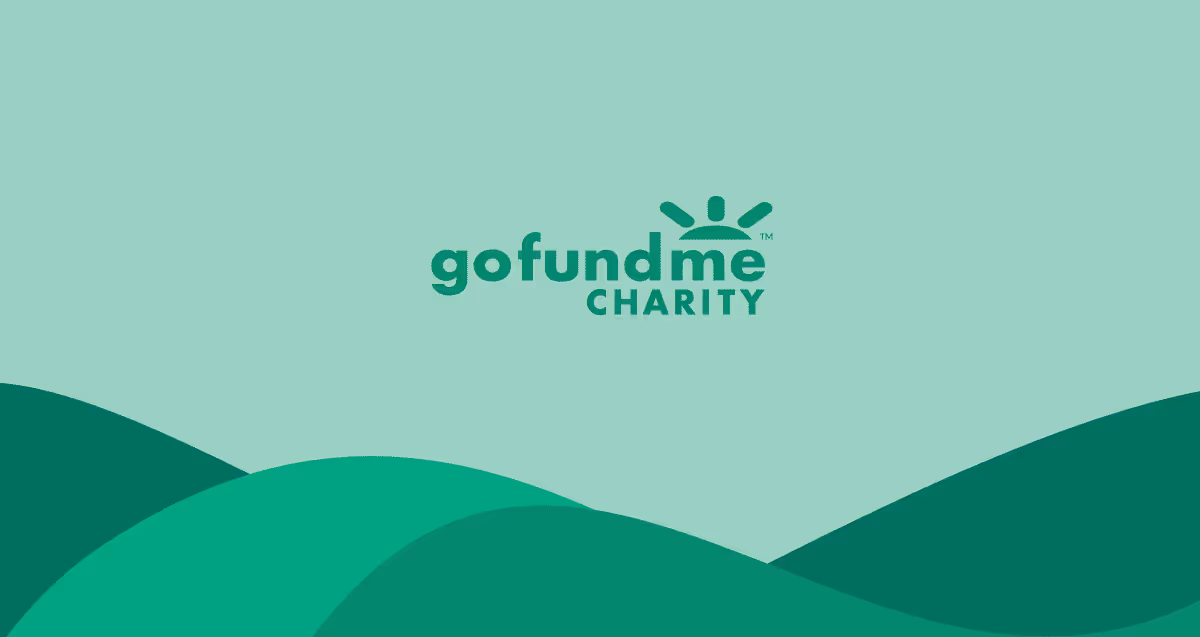








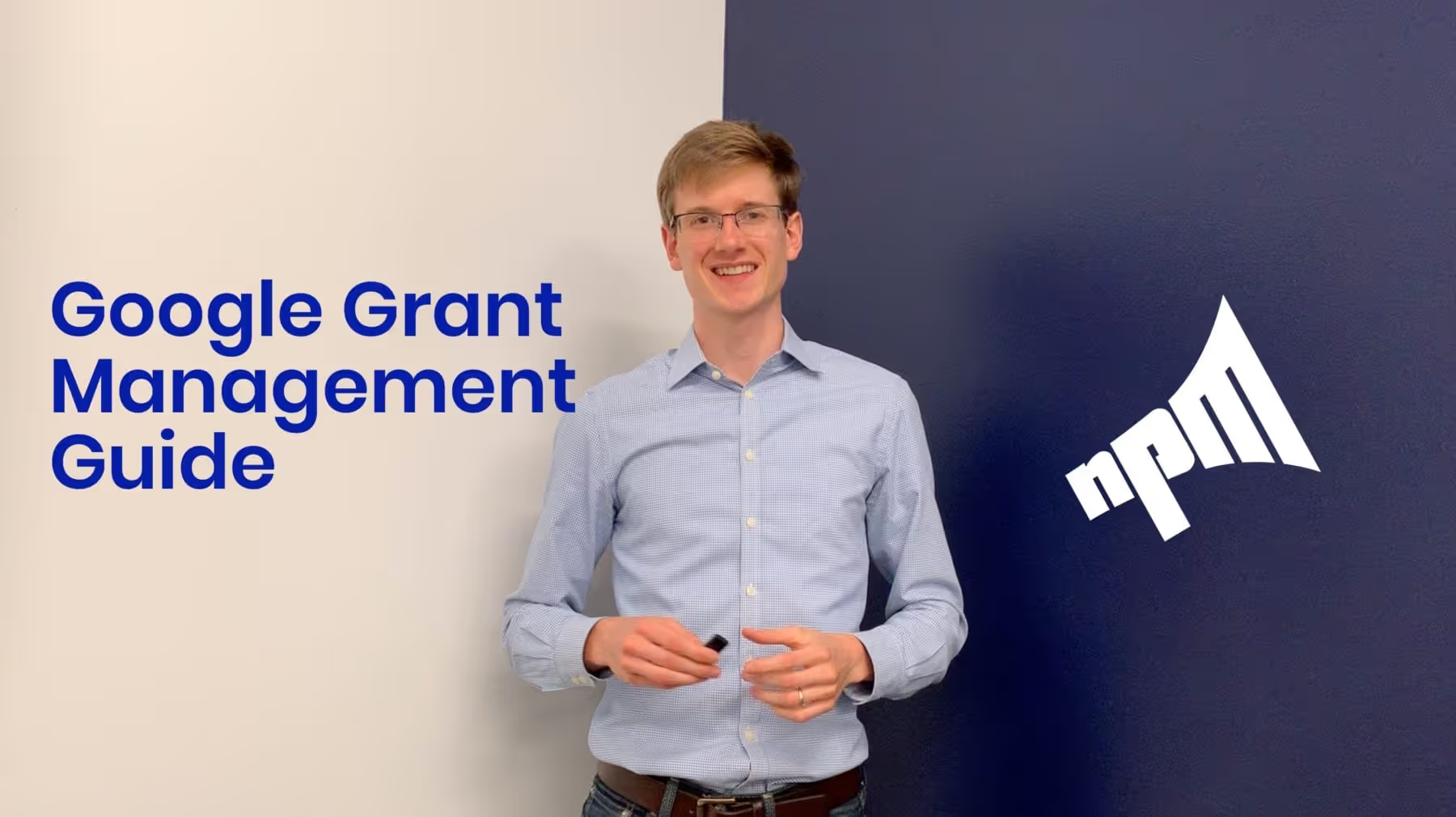

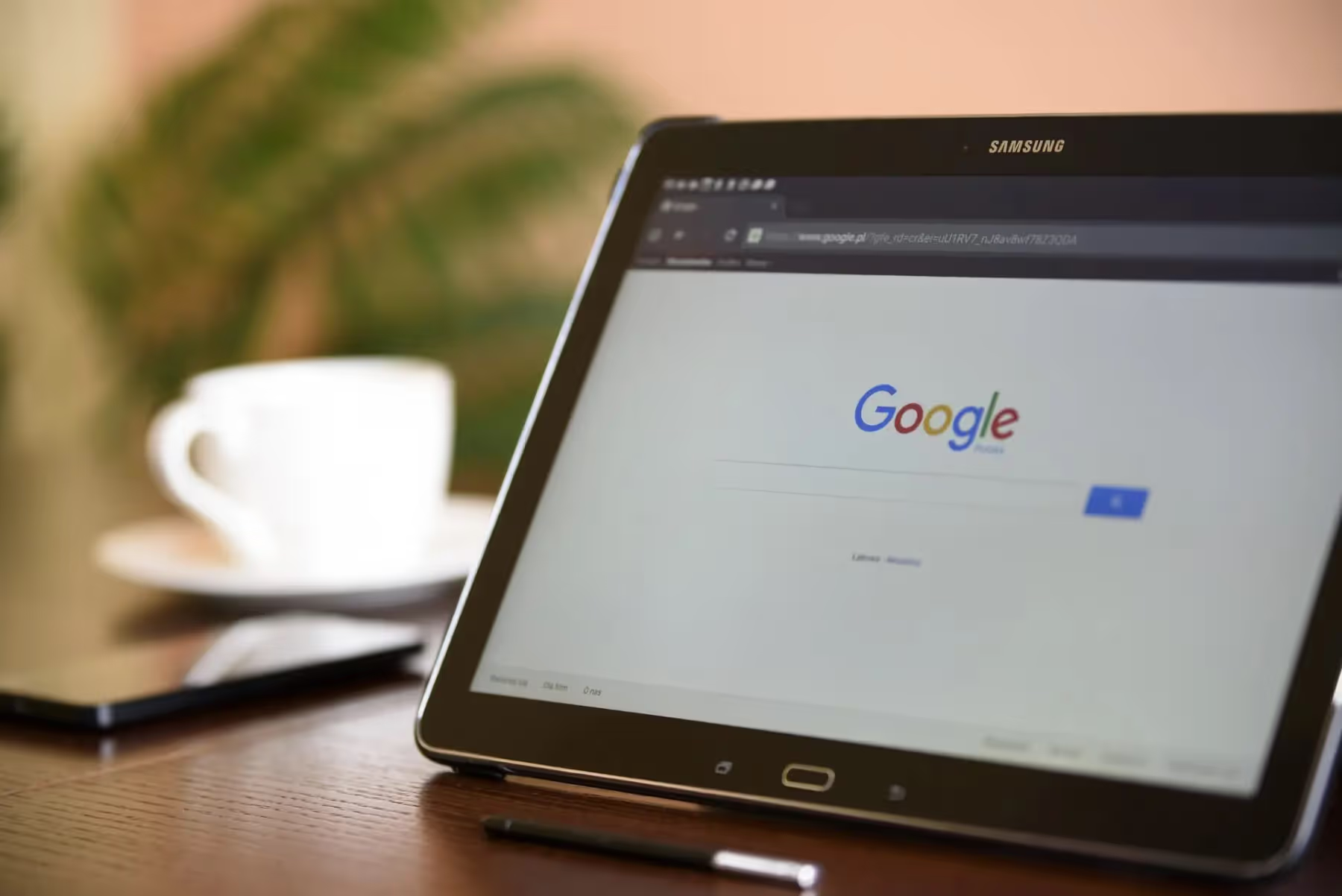












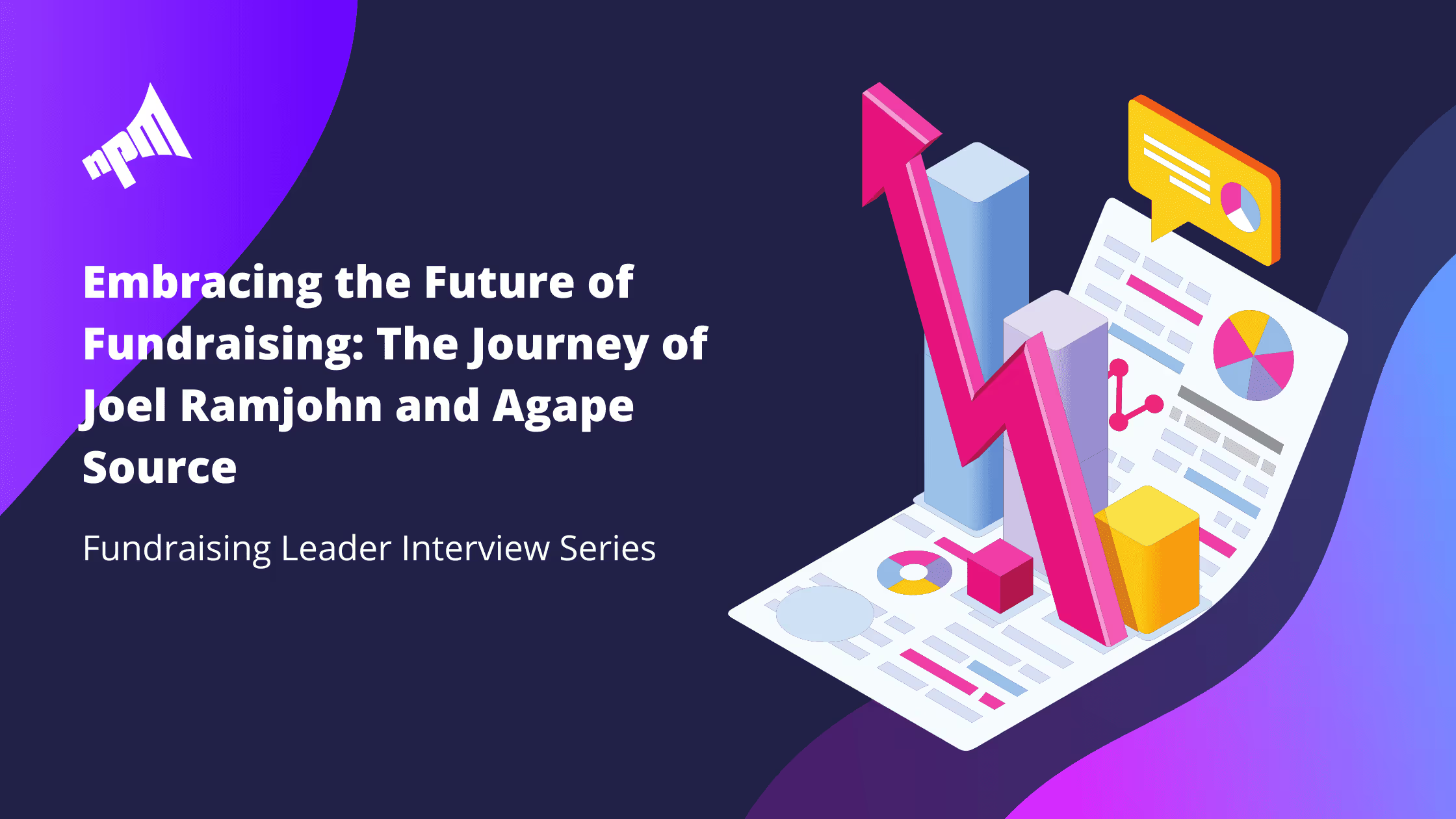
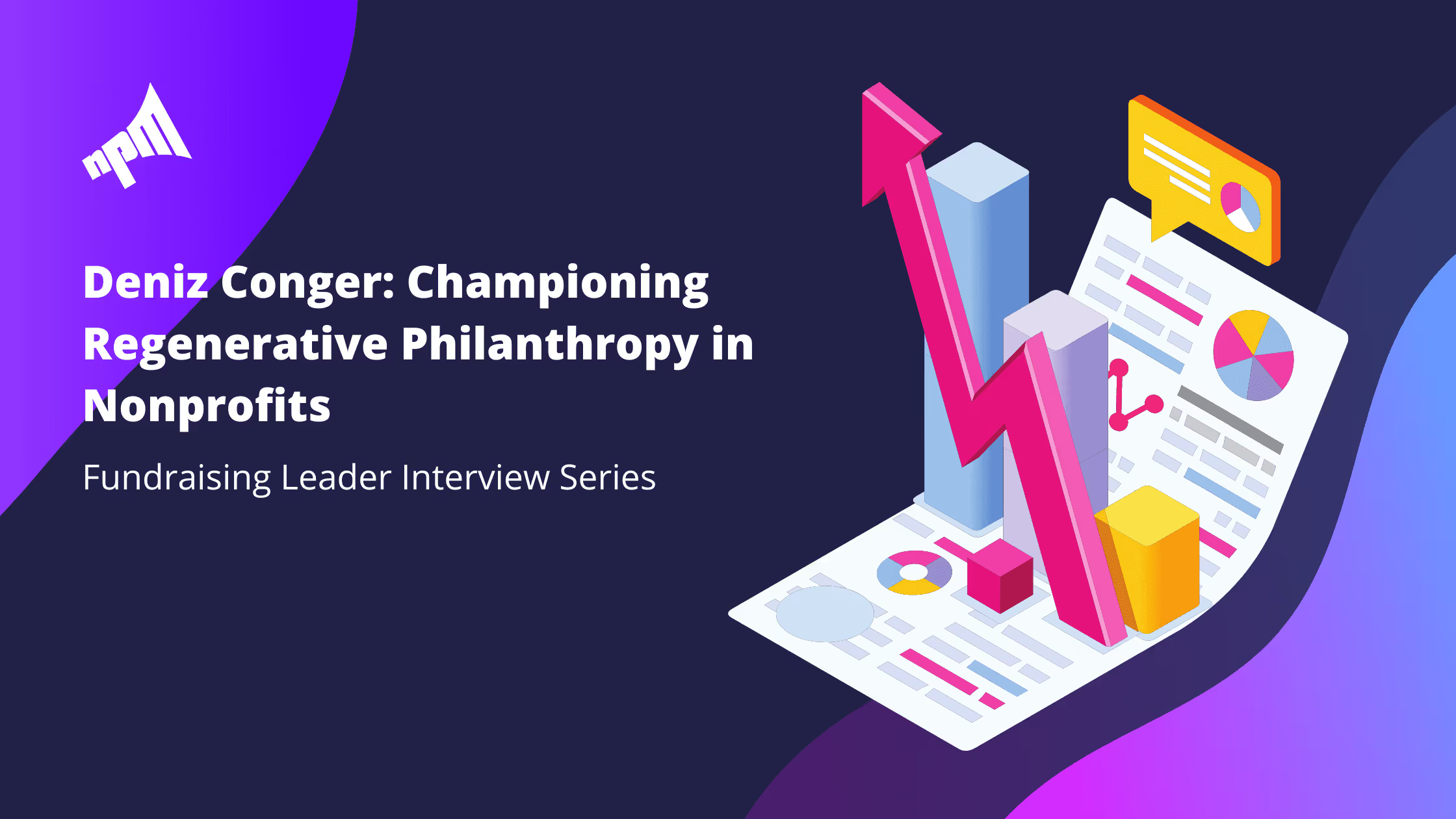








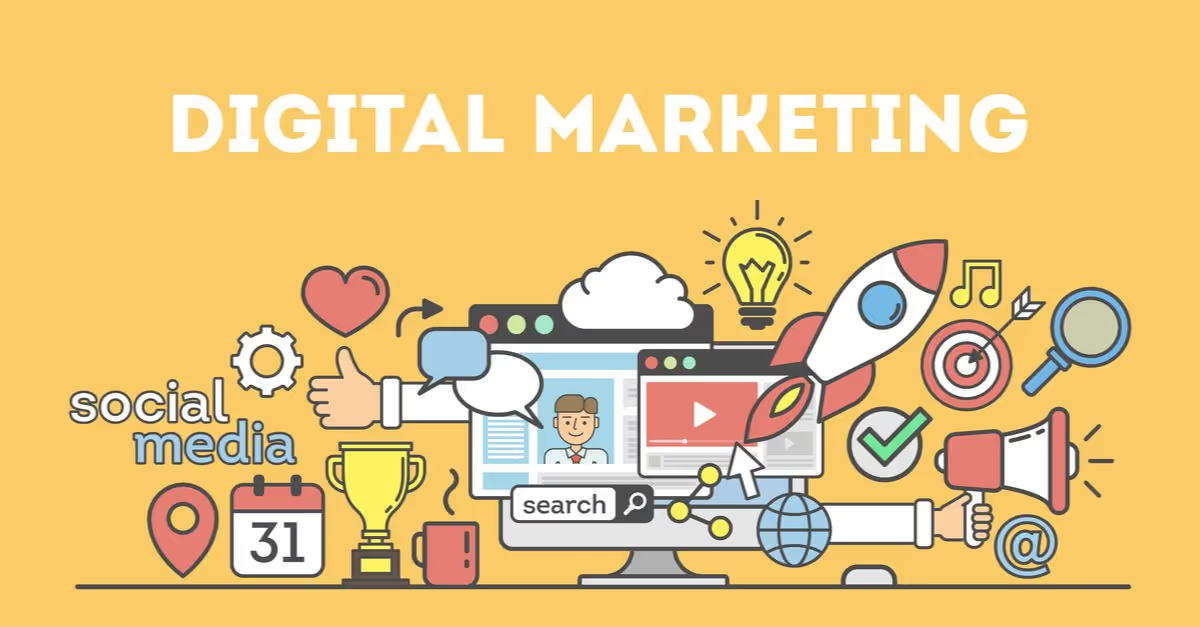

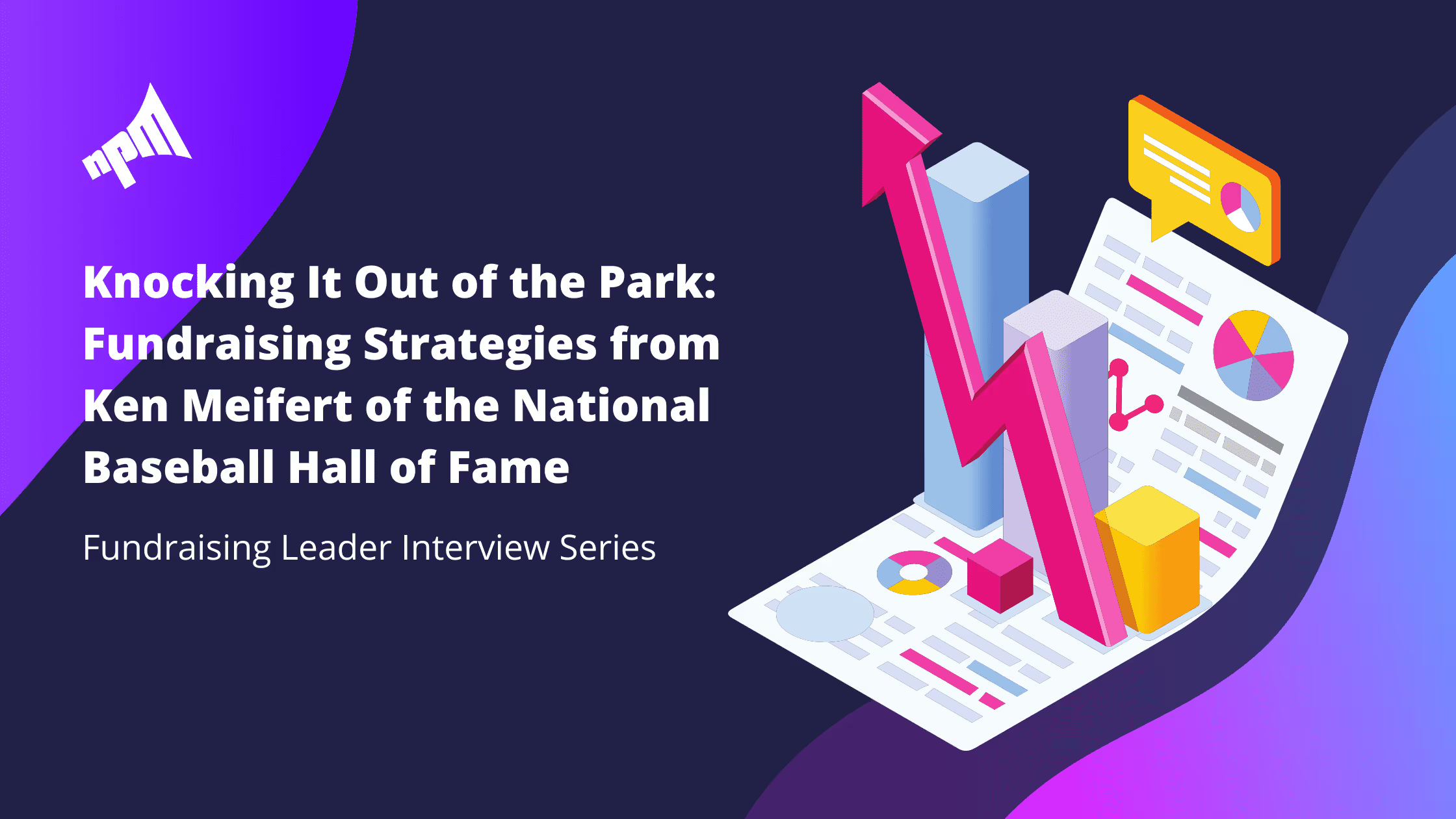



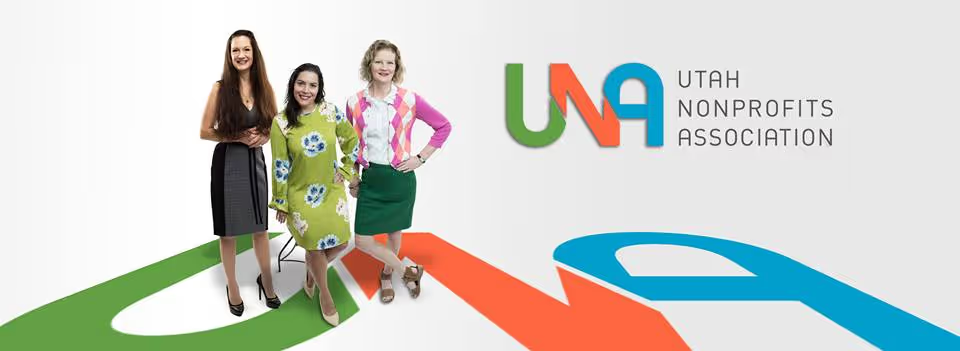
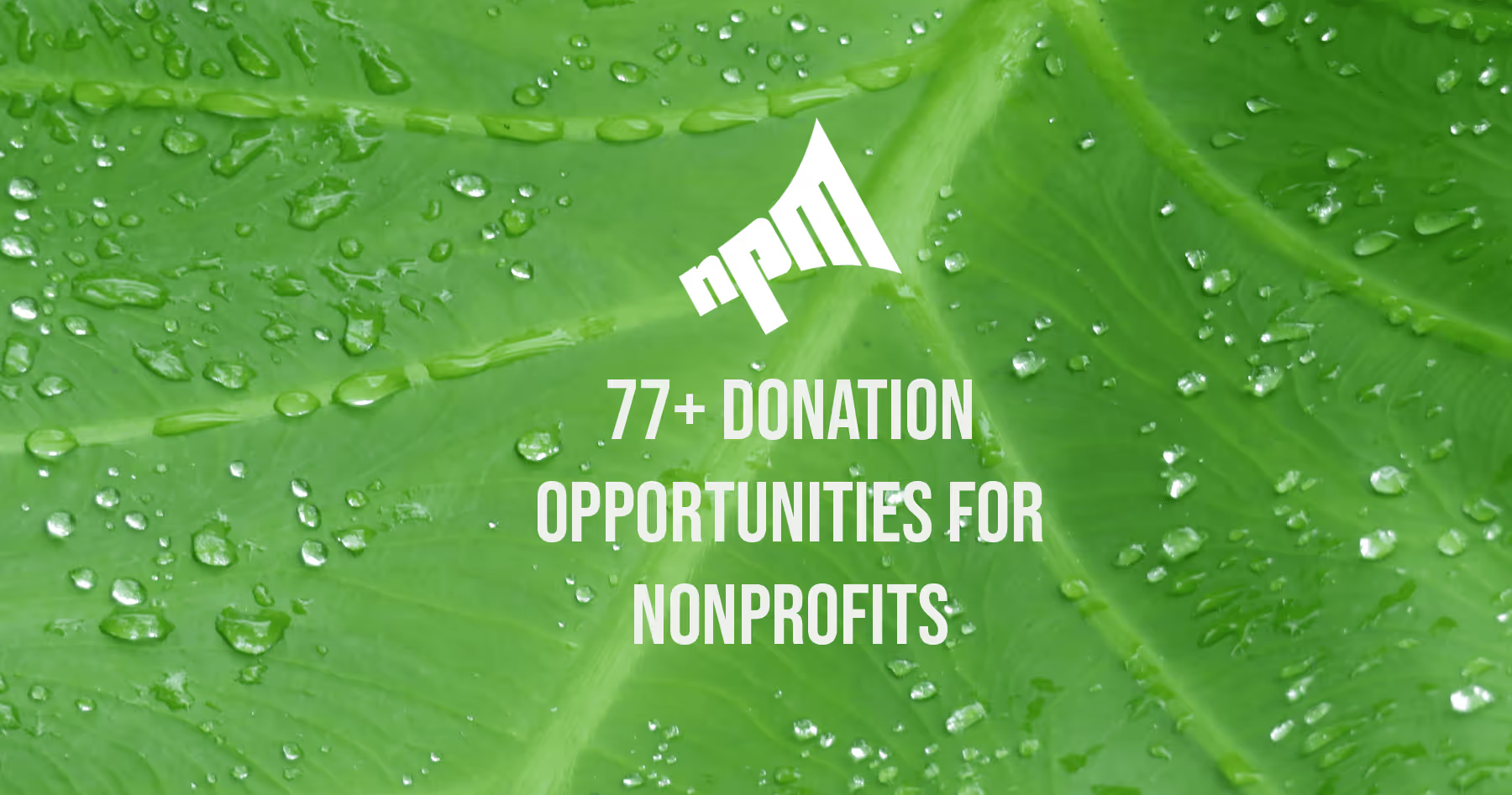
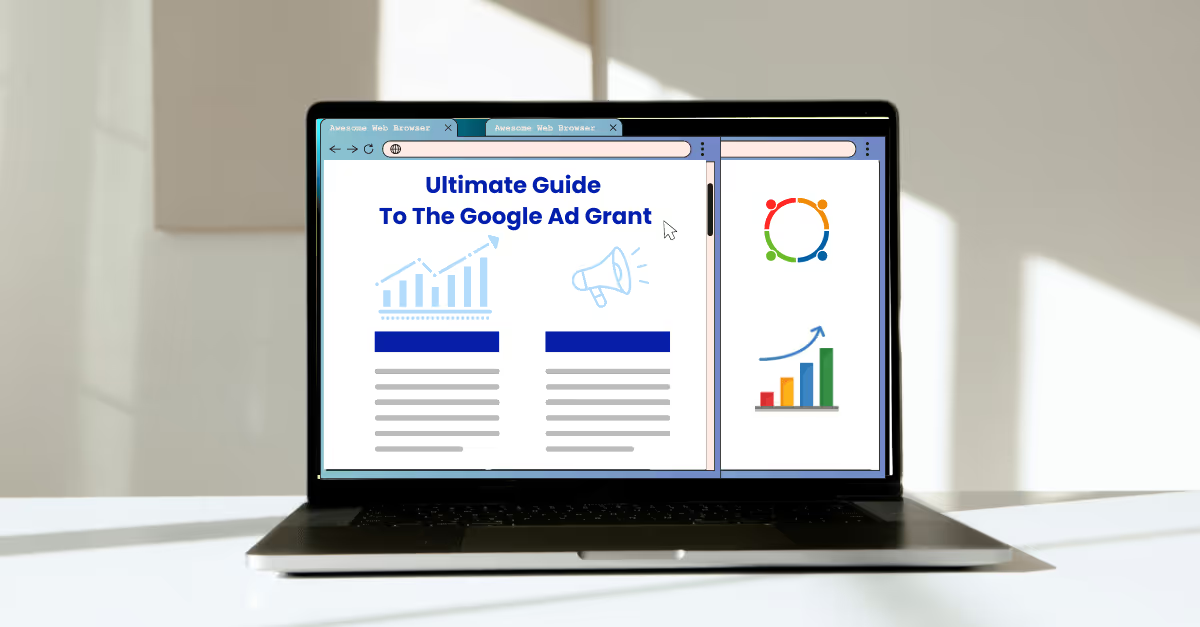
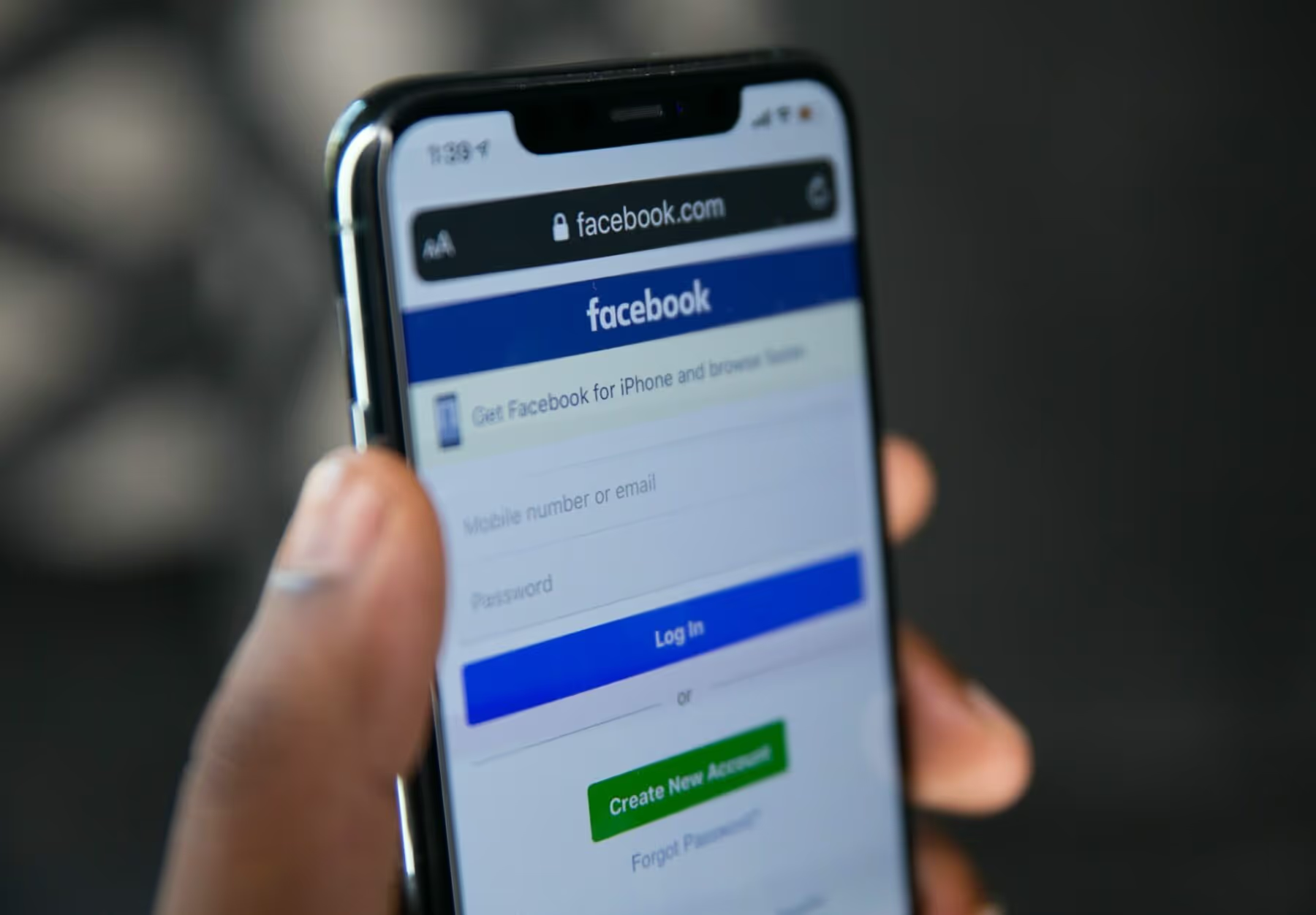








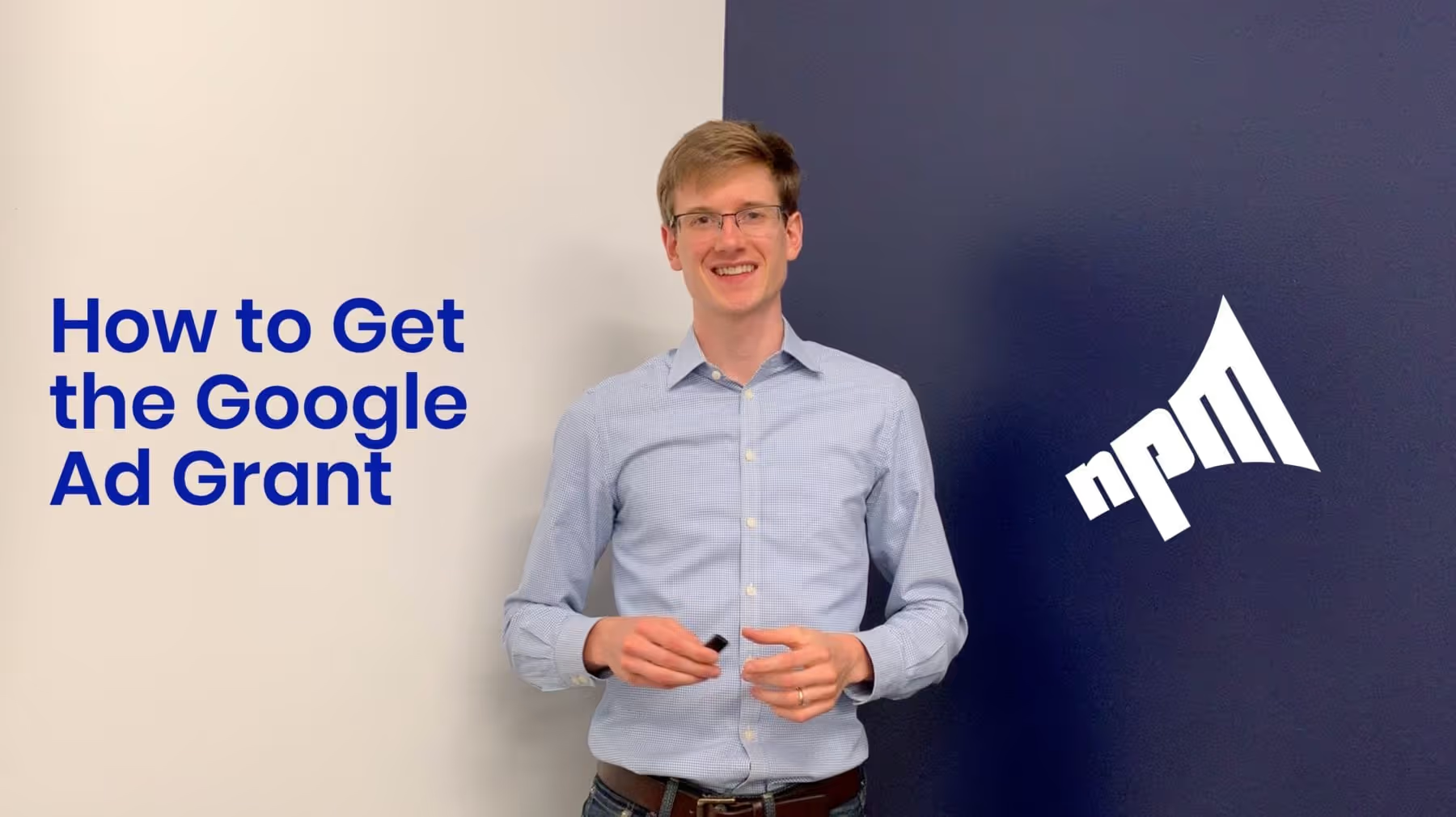


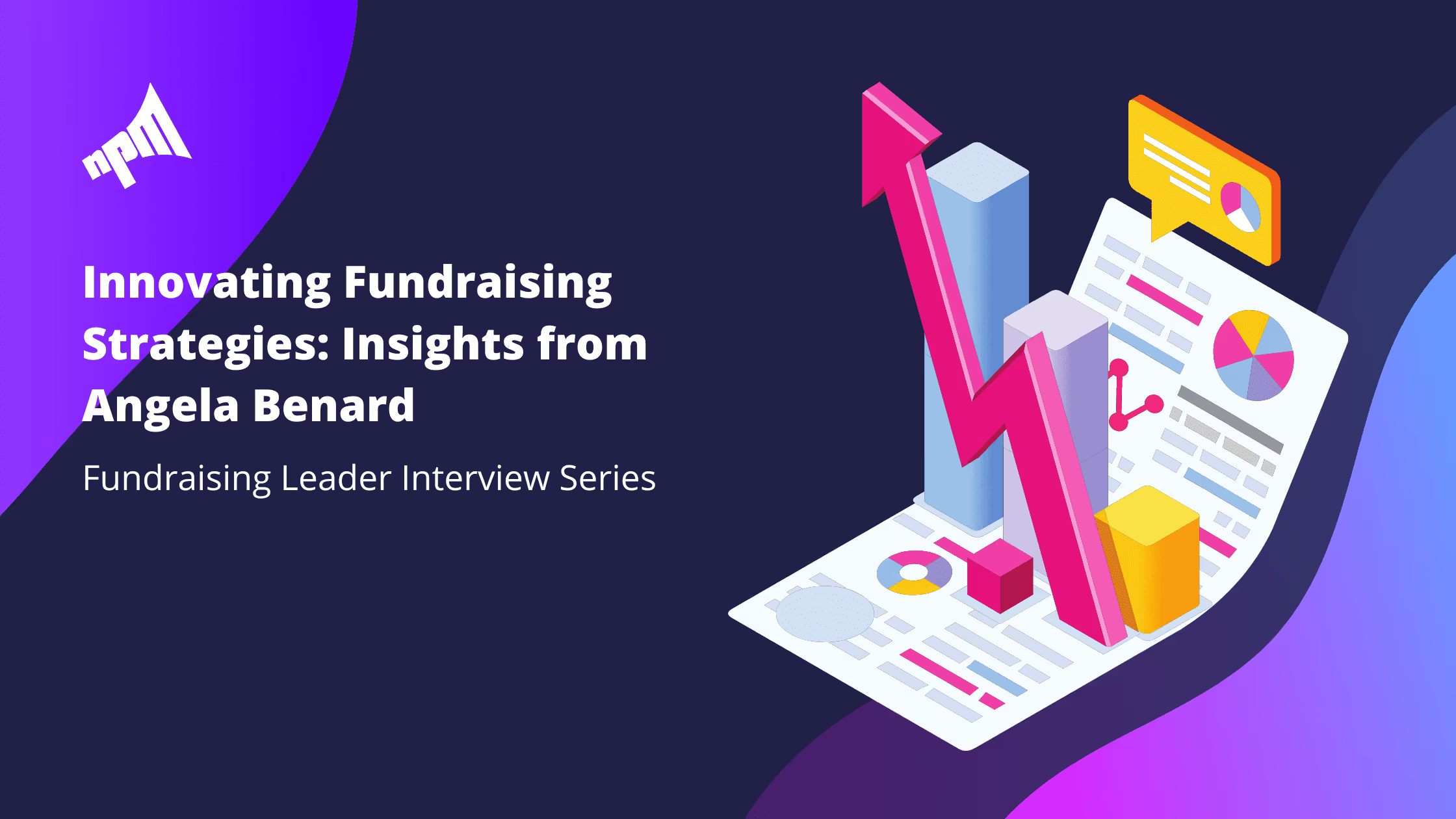
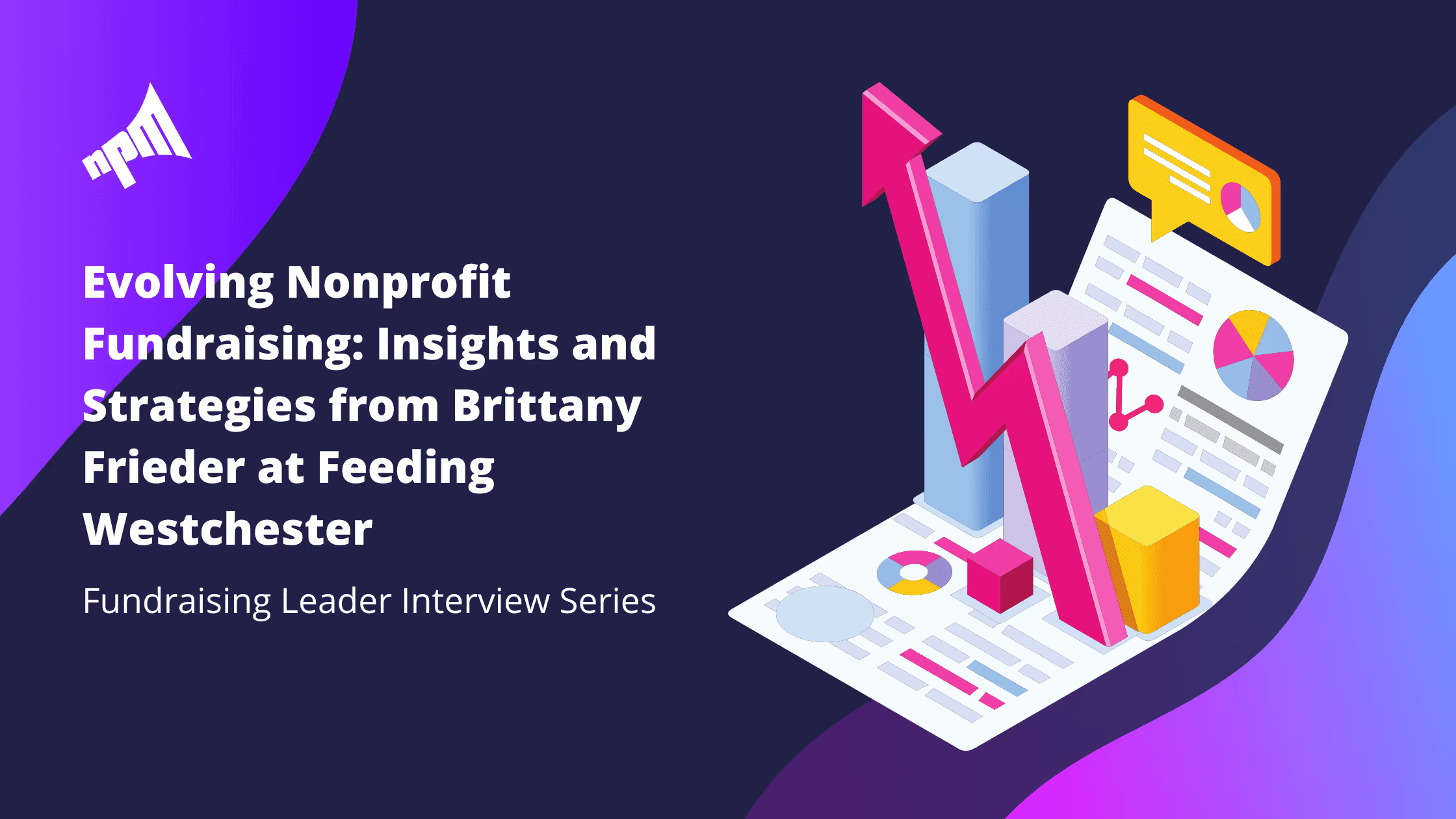




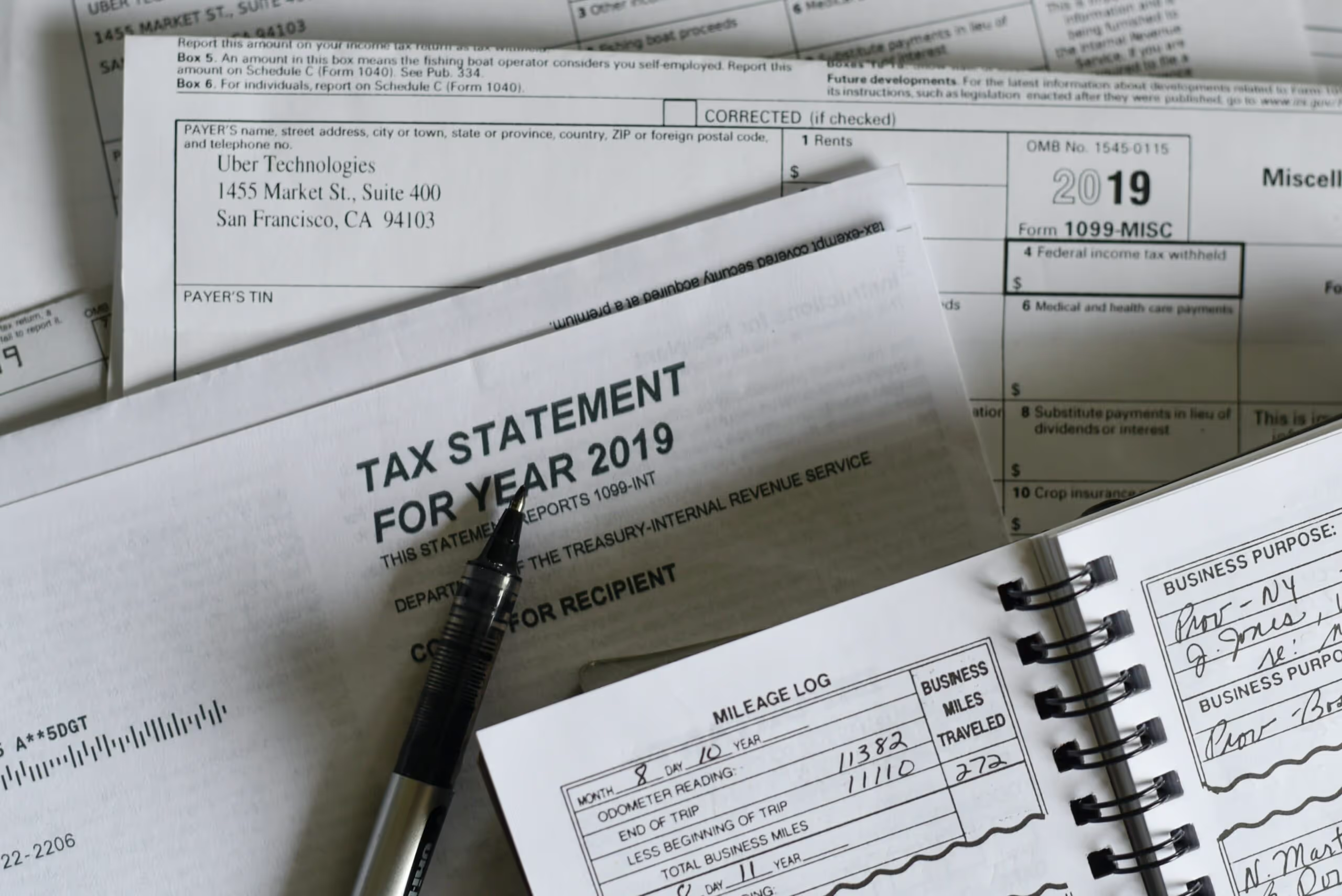

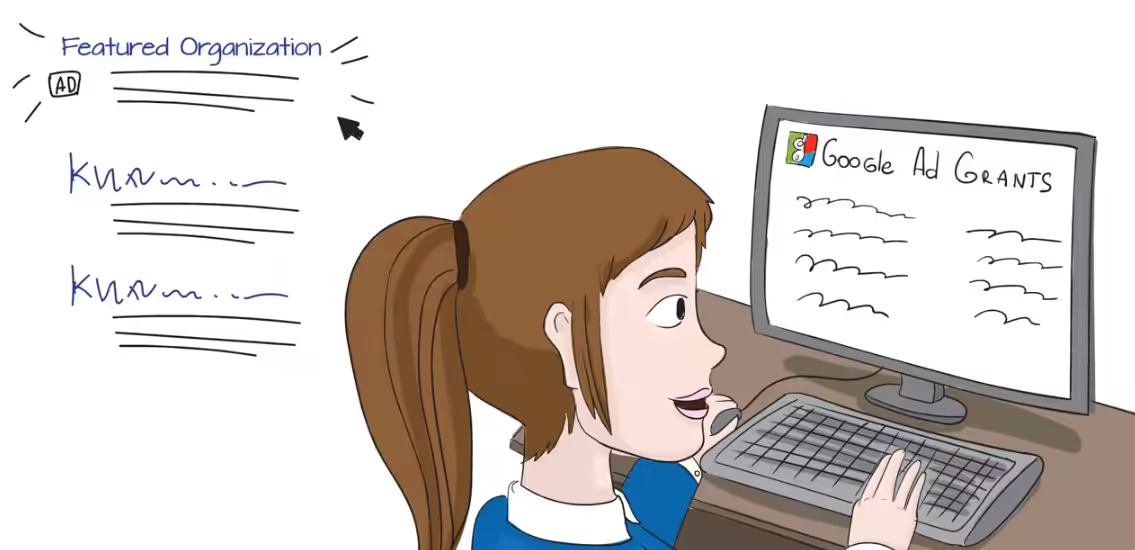






.svg)
.svg)
.svg)
.svg)